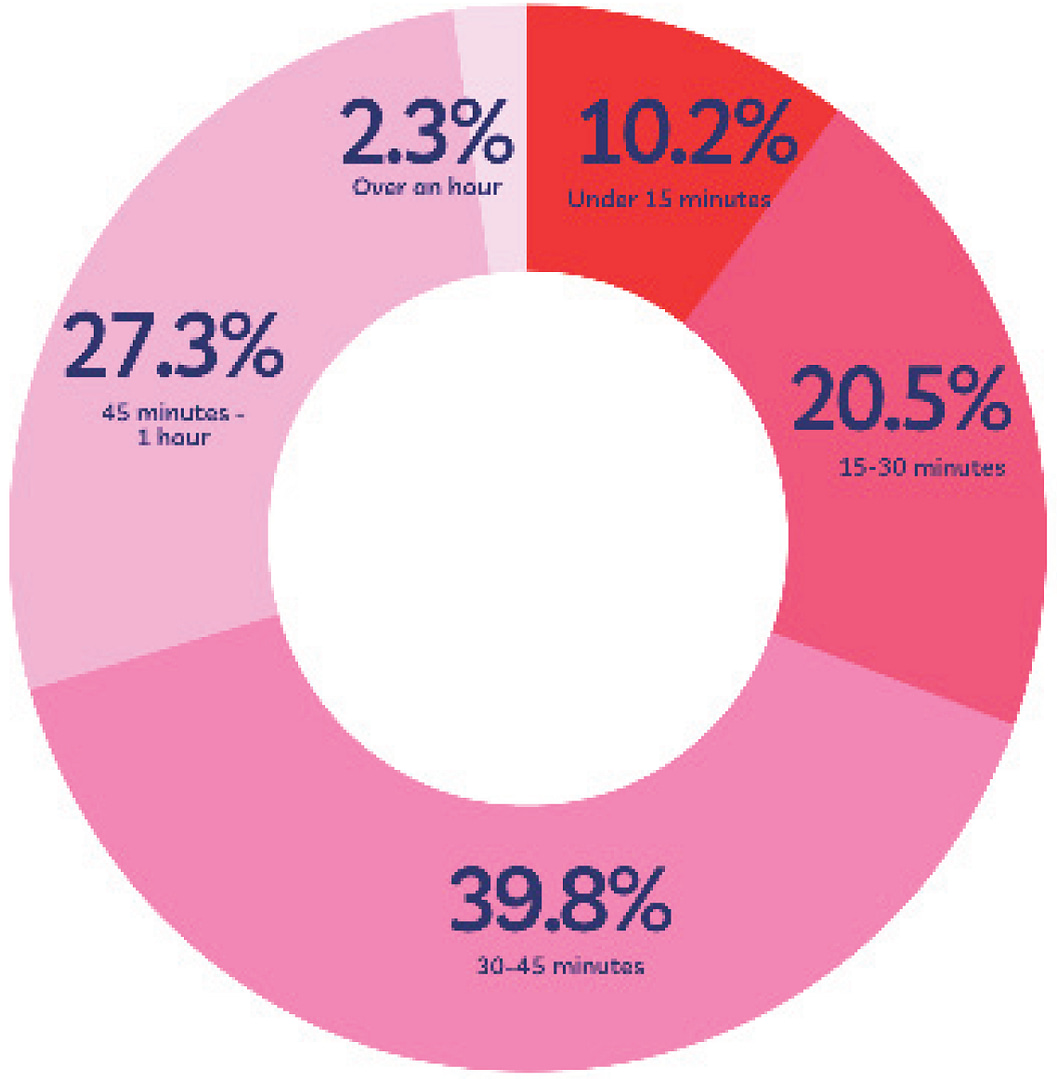In addition to teaching or working on campus, several members of the Loyola faculty pursue unique hobbies outside of school. English teacher Thomas Marsh and Co-Director of Campus Ministry Matthew Schaeffer are two teachers who have such hobbies.
Marsh has been actively practicing kung fu for around 15 years, and more recently, he has taken to tai chi, a more soft and internal form of kung fu that focuses on energetics rather than pure muscular training.
Marsh was first inspired to practice tai chi when he was practicing kung fu in Indonesia. He traveled there with his friend and spent a little more than a month in the country. Marsh spent the first two weeks of the trip practicing with other westerners under the instruction of Indonesian coaches and spent the second half practicing with native Indonesians. Those weeks were much more intense as Marsh would spent up to eight hours a day training.
It was during the second half of the trip when Marsh realized he wanted to practice tai chi. He was sparring against very light opponents and was having trouble leg-sweeping them, a technique that involves tripping one’s opponent through a sideways kick toward the legs. He had successfully used this technique when sparring in America.
“I asked him [Marsh’s sparring partner] why I couldn’t throw him with my leg-sweep, and he said, ‘I’m projecting my energy into the earth. You can’t throw the earth,’” Marsh said.
After this experience, Marsh began practicing tai chi, focusing on energetic combat rather than purely physical, muscular fighting.
Marsh said, “tai chi heavily revolves around energy. You either hold your own energy to protect yourself or use it offensively.”
Marsh’s practice of tai chi has also helped him find wisdom in his life; in fact, he feels that tai chi allows him to calm more easily, makes him less susceptible to stress, grants him more awareness and permits him to release certain tensions in his body.
However, Marsh also feels that tai chi does not cause intellectual enlightenment for those who practice it; rather, it allows people to become deeply calm and perceive things more clearly through physical motions.
Marsh said, “The bodily movements of tai chi lets people become empty so that their perceptions are free of emotion. It creates a deep sense of calmness that allows greater perception and states of clarity for me.”
Starting last summer, Marsh has started to transition into a teaching role for tai chi rather than just practicing it as a student, yet the process of changing from a student to a teacher takes time, as the traditional Chinese mentality stresses the importance of patience.
However, Marsh has found some difficulty balancing his career as a teacher with his practice of tai chi and kung fu.
“I have become increasingly sympathetic to the Loyola condition where students have a full day of academics, extracurriculars, [a]commute home and homework because I actually have a very similar schedule,” Marsh said. “I’m here during the day, and then I go home and prepare lessons and still have to set aside some hours for training. It’s absolutely very challenging.”
In addition to Marsh’s practice of tai chi and kung fu, Schaeffer is another teacher who pursues a unique hobby of his when he is not working at Loyola, archeology.
Schaeffer has been participating in archeological digs since his first excavation in 2006 in Megiddo, Israel. He was inspired to begin digging when he was a student at Loyola Marymount University and one of his mentors recommended archeology to him.
Since his first dig in 2006, Schaeffer returns to Megiddo annually to continue digging. He and his team of archeologists dig during the summer since most of the people he digs with are teachers or professors and have free time to dig during the summer.
“As archaeologists, we are just trying to expose what is there layer by layer. Pretty much every moment of the day, we find things that are relevant; for example, pottery tell us significant things about the time period when the piece of pottery was made,” Schaeffer said.
In addition to unearthing pottery, Schaeffer and his team have found various interesting artifacts during their digs. For example, the team found a woman who was buried in an Egyptian burial style. The woman was wearing gold earrings and a headdress with precious stones on each side of the head.
“The woman was very significant because her burial style was very unique in Israel and because the things she was wearing were very well preserved and beautiful,” Schaeffer said. “She went directly to the museum in Israel.”
In addition, Schaeffer feels that archeology has helped him in other areas of his life as well. He said that his involvement in excavations has helped him become a better leader, has made him a better student of the Bible and history and has helped him with his faith.
In fact, Schaeffer said, “Some of my most profound spiritual experiences have come from Israel, notably at the Sea of Galilee, the Wailing Wall and at the Church of the Holy Sepulchre.”
Despite the difficulty of the work, which involves getting up very early in the morning and working long hours, Schaeffer has a deep passion for archeology and loves traveling to Megiddo to dig. The most special part of the experience for him is realizing that after he uncovers an artifact, he is the first person to touch it in nearly 3000 years.
“Although I don’t have this experience every time I uncover something, it really feels special every once in awhile knowing that I was the first person to touch this artifact since it was left here,” Schaeffer said.
However, archeological digs also involves a lot of hard work, and not every day involves finding an interesting artifact. Schaeffer and his team of archeologists get up at 4:30 in the morning and begin digging no more than half an hour later. The team works for the majority of the day and only takes a break for breakfast and lunch.
“It’s very tedious work, and sometimes we’ll go a whole season in one square and not find anything super cool,” Schaeffer said.








Comments are closed.